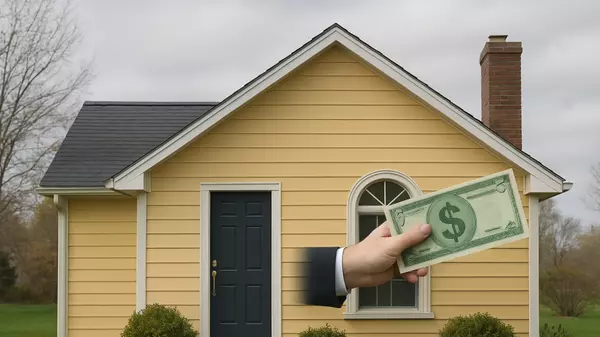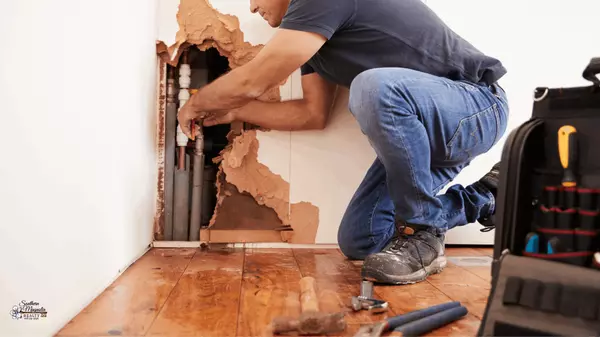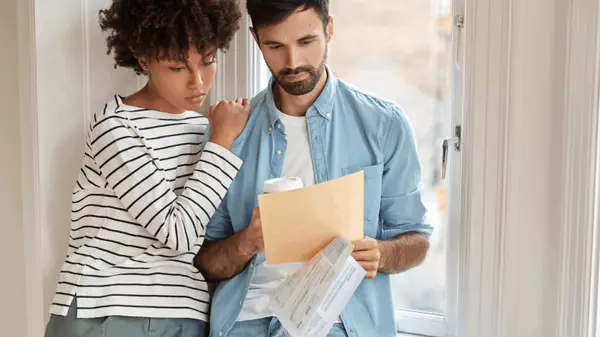3 Questions You Should Ask Before Investing in a Second Home
Picture this: You’re standing on a sun-soaked beach, the ocean waves lapping gently at the shore, and you can already envision your family enjoying weekends and holidays at a charming second home. The thought of investing in a vacation property is undeniably appealing, especially for those craving an escape from the hustle and bustle of everyday life. However, as mesmerizing as the dream may be, the reality of investing in second homes comes with challenges that can impact your finances and peace of mind.
Before you dive into the exciting world of real estate, it’s crucial to ask yourself some key questions. The wrong investment can drain your resources and rob your enjoyment of this cherished getaway. In this article, we'll highlight three critical questions to ask before investing in a second home to ensure that your dream remains a sustainable and enjoyable reality.
Understanding the Landscape of Second Home Investment
When discussing investing in second homes, it's vital to clarify what this entails. A second home is typically a property that you purchase in addition to your primary residence, often for recreational purposes. This could be a vacation cottage in the mountains, a beach house, or even a rental property in a popular tourist destination. Understanding this context will prepare you for the better decision-making process ahead.
1. What Are My Financial Goals?
Before you embark on the journey of purchasing a second home, evaluate your financial objectives. Are you looking for a vacation retreat, an investment property to generate rental income, or a future retirement home? By clarifying your purpose, you can align your purchase with your long-term goals.
- If rental income is your primary goal, research the rental market in the area you’re considering. Analyze occupancy rates, rental prices, and demand for short-term versus long-term rentals.
- If it’s a personal getaway, think about how often you plan to use the property and factor in maintenance costs, taxes, and any homeowners’ association fees.
2. How Will This Affect My Current Financial Situation?
Investing in a second home usually requires a significant financial commitment, and it’s essential to assess how this may impact your current situation. This includes both your budget and existing debts. You must consider:
- Down Payment and Mortgage: Determine how much you can afford for a down payment and whether you’ll need a mortgage. Look at your credit score to understand what interest rates you may qualify for.
- Ongoing Costs: Calculate all associated costs: property taxes, insurance, maintenance, and, potentially, property management fees if you plan to rent it out.
3. What Is the Market Trend in the Area?
The real estate market is dynamic, with property values fluctuating based on various economic factors. Understanding the market trend in the area of your potential second home is critical. Research the following:
- Local Market Conditions: Investigate if property values are rising or declining. Look for data on property sales and market trends in the neighborhood.
- Future Developments: Take note of any new commercial or residential developments that may influence property values. Are there plans for infrastructure improvements or new amenities that can draw more visitors or residents?
Steps to Making an Informed Decision
Now that we've discussed the essential questions to ponder, here’s a step-by-step guide to making a well-informed decision regarding your investment:
- Identify Your Purpose: Clearly define what you want from your second home, whether it's relaxation, rental income, or future retirement.
- Conduct a Personal Financial Assessment: Analyze your current financial situation, including your budget, savings, debt, and potential future income.
- Begin Market Research: Evaluate the real estate market trends in your desired location, focusing on property values, seasonal trends, and rental demand.
- Consult with Experts: Speak with real estate agents, financial advisors, and property managers to gain insider insights and advice tailored to your situation.
- Visit Potential Properties: Always visit properties in person and don’t rush the process. Look beyond the aesthetic appeal to consider location, potential for appreciation, and practicality.
- Review Your Investment Strategy: Stand back and analyze if this investment aligns with your long-term financial goals. Adjust your strategy based on collected data and expert inputs.
Investing in a second home can be an exhilarating journey, but it’s essential to ask the right questions to protect your financial wellbeing and enjoyment. By considering your financial goals, assessing your current situation, and researching the market trends, you can pave the way for a successful investment.
Ready to take the next step in your real estate journey? Schedule a consultation for additional tips and strategies to make your dream vacation property a reality!
Categories
Recent Posts











